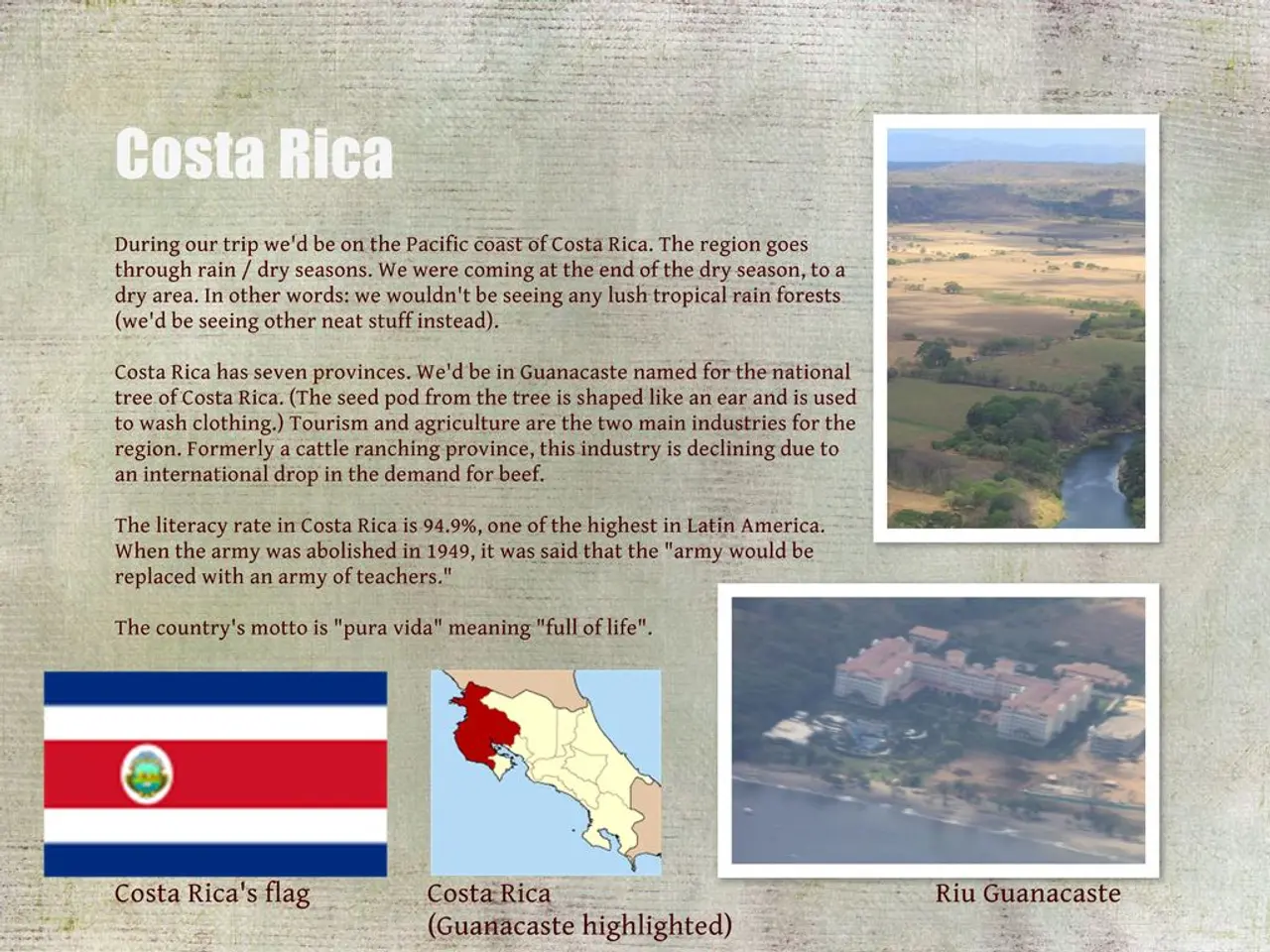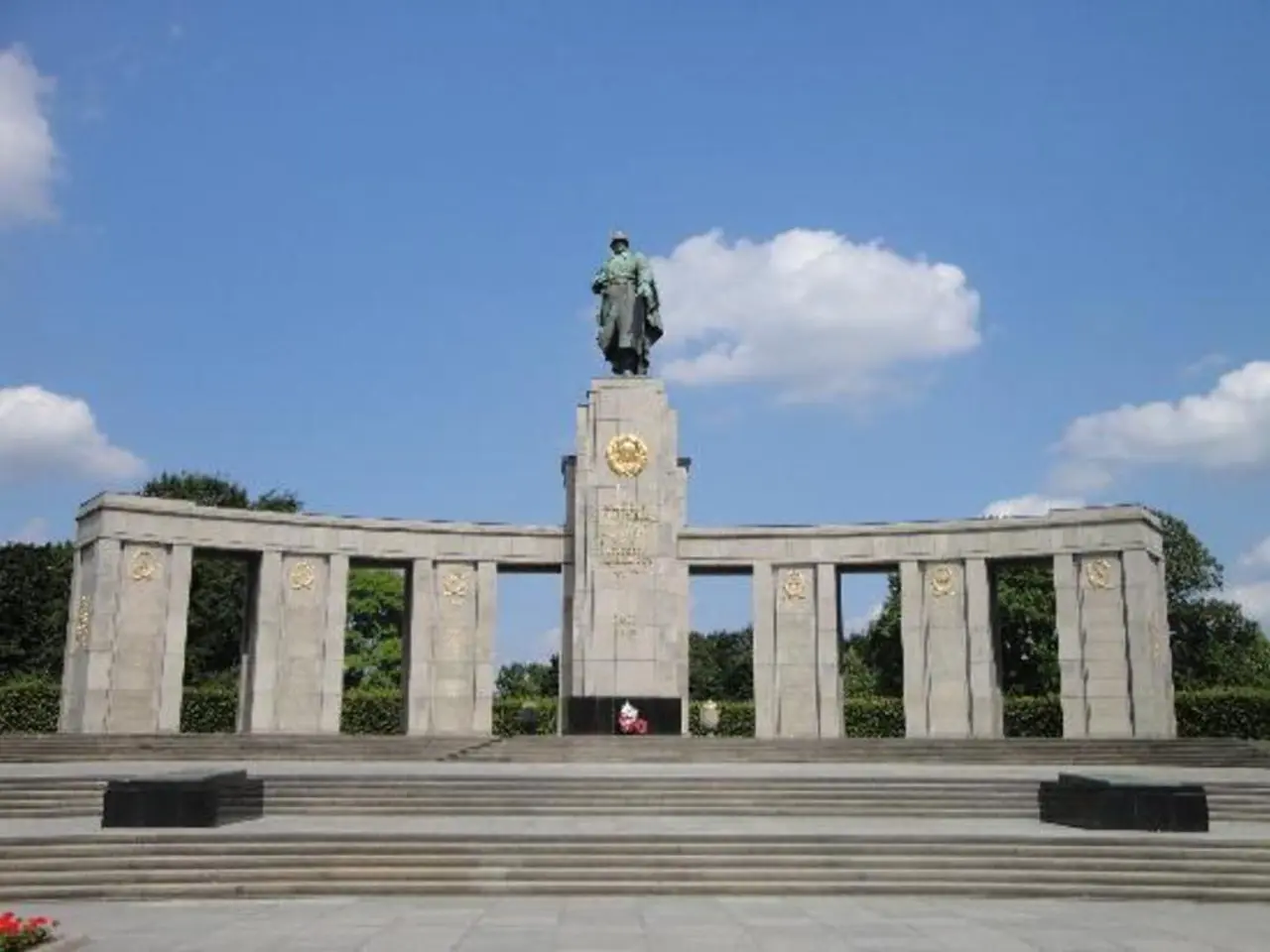International Collaboration in Geopolitical Matters
In an increasingly interconnected world, the competition for limited resources to sustain economies can lead to geopolitical tensions. This is particularly true in regions where shared resources, such as water, face threats from environmental degradation and climate change.
One such conflict-ridden region is the Indus River basin, shared by India and Pakistan. The Indus Waters Treaty (IWT), brokered by the World Bank in 1960, is a notable example of geopolitical cooperation addressing resource scarcity and environmental issues. The treaty divides the Indus River and its six tributaries, with Pakistan receiving about 80% of the combined waters as the downstream nation. Despite multiple wars and conflicts, the IWT has endured for over six decades, demonstrating a rare instance where water diplomacy has outlasted military hostilities.
However, recent developments in 2025 have challenged this cooperation. India suspended key provisions of the IWT, citing Pakistan-backed cross-border terrorism and threatening severe disruptions in water flow to Pakistan. This suspension has led to significant water shortages and crop damage in Pakistan, raising concerns about increased flooding risks and threats to economic development and peace.
Beyond the Indus Treaty, the region also features other water-sharing arrangements, such as the Ganges Water Sharing Treaty between India and Bangladesh. This treaty, which governs water distribution at the Farakka Barrage, is set to expire in 2026 and is currently under renegotiation as India seeks to modify water allocations to accommodate its growing irrigation, electricity, and port maintenance needs.
These examples highlight the critical role of geopolitical cooperation frameworks in managing shared water resources in conflict zones. The Indus Waters Treaty, despite its long-standing success, underscores the fragility of such agreements in times of heightened political tensions. The Ganges treaty example suggests that evolving needs require adaptive frameworks to sustain cooperation on resource management.
The United Nations Environment Programme (UNEP) emphasizes that integrating environmental management into peacebuilding strategies is essential for sustainable conflict resolution. Strengthening early warning systems for conflicts over natural resources, enhancing international oversight of high-value resources during conflicts, and promoting cooperative resource management can all help address pressing global challenges and lay the groundwork for lasting peace.
Moreover, unequal distribution of resources often triggers migration and social unrest, further complicating geopolitical dynamics. Collaborative management of transboundary resources can serve as a platform for dialogue and trust-building between nations.
Resource scarcity affects countries unevenly, with climate change exacerbating water and land availability, leading to heightened tensions in regions like the Middle East and South Asia. Without proactive measures to address resource shortages, economies may stagnate, leading to political instability.
In conclusion, geopolitical cooperation frameworks play a crucial role in managing shared resources in conflict zones. These frameworks can not only help prevent escalations in conflict but also foster dialogue and trust-building between nations. As the world grapples with the challenges of resource scarcity and climate change, it is more important than ever to prioritise cooperative frameworks for a stable and prosperous future for all nations involved.
References: [1] BBC News (2025). India-Pakistan: Indus Waters Treaty row escalates. [online] Available at: https://www.bbc.com/news/world-asia-india-57035985
[2] The Hindu (2025). India suspends key provisions of Indus Waters Treaty. [online] Available at: https://www.thehindu.com/news/national/india-suspends-key-provisions-of-indus-waters-treaty/article34648484.ece
[3] The Diplomat (2025). India-Bangladesh Ganges Water Treaty Renegotiations: What's at Stake? [online] Available at: https://thediplomat.com/2025/04/india-bangladesh-ganges-water-treaty-renegotiations-whats-at-stake/
[4] Al Jazeera (2025). India-Pakistan: Water crisis deepens as Indus treaty row escalates. [online] Available at: https://www.aljazeera.com/news/2025/4/12/india-pakistan-water-crisis-deepens-as-indus-treaty-row-escalates
[5] The Guardian (2025). India-Pakistan: Indus Waters Treaty row threatens to derail peace talks. [online] Available at: https://www.theguardian.com/world/2025/apr/12/india-pakistan-indus-waters-treaty-row-threatens-to-derail-peace-talks
- The latest development in 2025, where India suspended provisions of the Indus Waters Treaty due to perceived threats from Pakistan, is a significant example of how the conflict over shared environmental resources, in this case, water, can intersect with politics and general news, exacerbating geopolitical tensions.
- As the Ganges Water Sharing Treaty between India and Bangladesh nears its expiration in 2026, the necessity for adapting cooperative frameworks to accommodate evolving needs in environmental-science, such as increased irrigation and electricity demands, becomes increasingly relevant.








